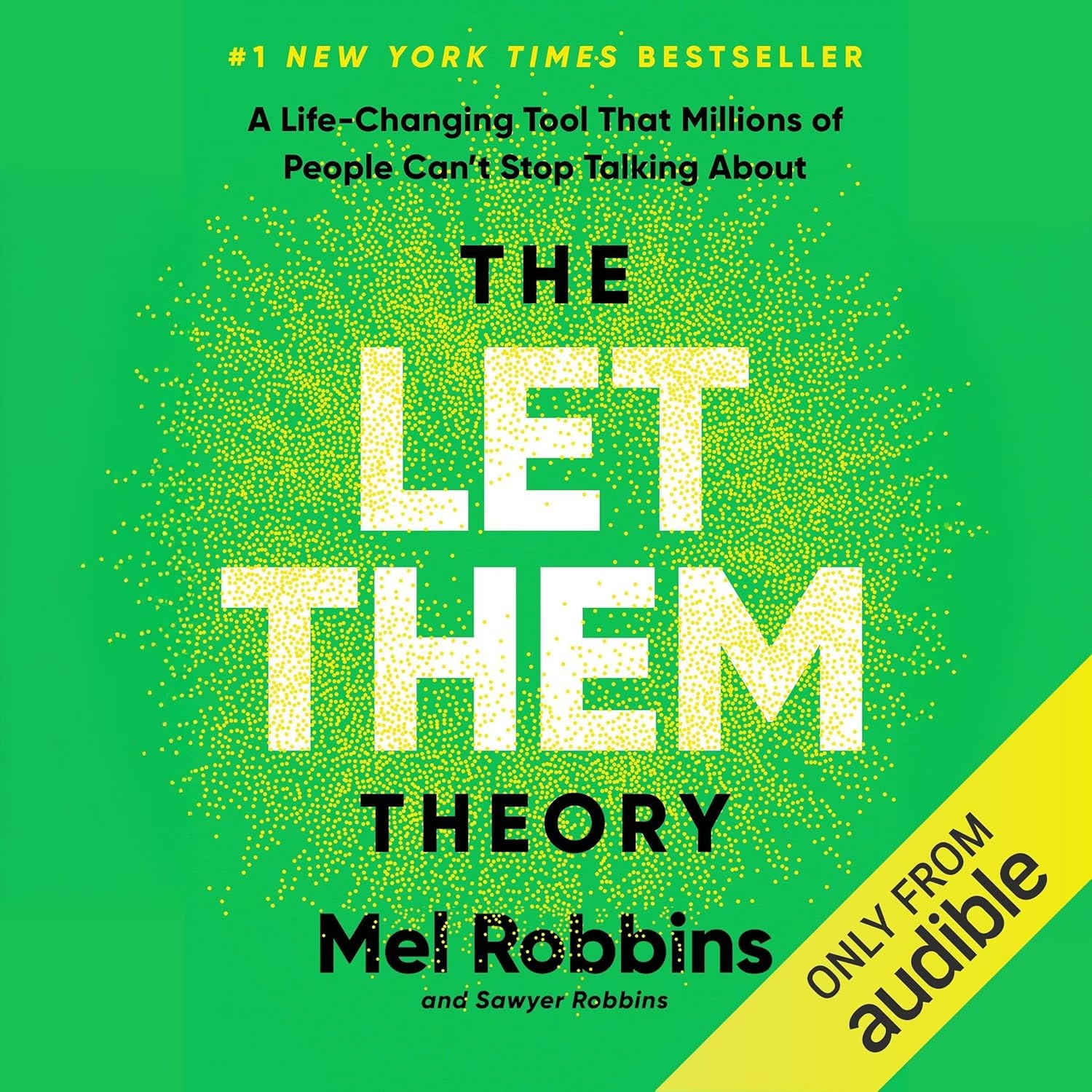![]() When I first read the title, The Monster Within, I assumed it referred to the “bad mother” – which may be more revealing about my own fears – and was surprised to learn it actually has a dual meaning. I had no idea that so many women worried that their children would be monsters. That never even dawned on me although I vividly remember The Bad Seed and Rosemary’s Baby. Can you talk a little about that issue, where it stems from and how to deal with it?
When I first read the title, The Monster Within, I assumed it referred to the “bad mother” – which may be more revealing about my own fears – and was surprised to learn it actually has a dual meaning. I had no idea that so many women worried that their children would be monsters. That never even dawned on me although I vividly remember The Bad Seed and Rosemary’s Baby. Can you talk a little about that issue, where it stems from and how to deal with it?
Ambivalence is a word that applies to many issues and areas of human life. It is the combination of positive and negative feelings that all humans struggle with around the important people, goals and issues in their lives. It is a normal human phenomenon which stems from human consciousness and the awareness that we can lose important people, be disappointed by them, etc. In my book, I talk about some women who are afraid to have children because they think they will be monstrous. This is not a large number of women, but all women, no matter how good they are as mothers, sometimes get angry at their children, even to the point of hatred, when they are exhausted, disappointed and frustrated. Mothers and their children often have different needs – say, at about two a.m. – when babies want to feed and mothers need their sleep, and this inevitably leads to some tension. Understanding that this is normal is a big step in alleviating the guilt women feel when they can’t always love their children.
As a psychiatrist, you’ve probably seen every kind of fear related to motherhood. What convinced you to write this book?
As a psychiatrist I have seen many fears connected with motherhood. I have also been a mother, and suffered with my own ambivalent feelings and fears that such feelings would harm my children. It was that very combination of both personal and clinical experiences that lead me to write this book.
This is such an important book because it will make a lot of women feel better to learn that they’re not alone in their feelings. It’s very reassuring to learn that maternal ambivalence is normal. What is your definition of maternal ambivalence, and why can it actually be a positive and healthy reaction?
I hope that my book will contribute to mothers not feeling alone in their feelings, because, believe me, they aren’t! These feelings are normal. In fact, negative feelings, which, as I have already pointed out, stem from the differing needs between mothers and their children, may lead mothers to think more about what their children need, how their children’s needs differ from their adult needs, how their children are different from them, and this can lead to better and more creative mothering. Mothering is not only about doing it right, but doing it manageably.
Motherhood is such a hot topic, and women are talking about their ambivalence on blogs and in books now rather than hiding it. What kind of effect do you think that will have?
I think motherhood has always been a hot topic, but it is hotter than ever these days, at least in this country and in the middle and upper classes, and the bubble of perfection was bound to burst. It is helpful to talk about these issues, whether in blogs or in person, and to learn that we are not monsters for having mixed feelings and that we are not alone.
Ayelet Waldman really brought that issue to a boil with her “Modern Love” column in the New York Times, where she stated that she would grieve more if her husband died than any of her four children. That article resulted in her book, Bad Mother, filled with stories of maternal ambivalence. Many women applauded her honesty but even more were ready to call Social Services. How can women be more supportive of each other?
Women can only be more supportive to each other if they are honest with themselves. Ayelet Waldman is somewhat dramatic and exhibitionistic, but I understand what she is saying. It is not that she doesn’t love her children, but that her husband meets a need of hers that her children can’t.
The idea of “good enough” mothering seems to be the new trend. Is it really a new idea or is just coming to the forefront now? What does it mean and how do you feel about it?
Good enough mothering, as a concept, has been around a long time, at least in psychiatric circles. Donald Winnicott, a British psychoanalyst, coined the term to describe mothers who were loving and deeply attached to their infants, but couldn’t read their minds. In fact, he felt that if mothers could read their children’s minds perfectly, children would never learn to think and become autonomous. Mainly, he wanted to establish the idea that good enough was enough!
I would think there’s a huge difference between a woman experiencing maternal ambivalence and someone like Andrea Yates who actually killed her children. How does a woman know when their feelings are becoming dangerous?
Women like Andrea Yates, that is, women who kill their children, are in a state of psychosis or dissociation, often related to post-partum depression or other conditions of desperation. They would have to recognize that things are getting seriously out of control, and seek help, but unfortunately, it is because they do not recognize how troubled they are, that things do get out of hand. It is as much a social problem as an individual one. Any mother who is seriously depressed should get professional help, but others may have to help her to do this. It is a problem for the family as a whole and for society.
The prevailing philosophy seems to focus on “the centrality of the early mother-child relationship as the foundation for all future development.” No wonder moms feel such pressure! Mothers are blamed for everything! I know your book is really about the women but how do fathers fit into this equation? Can a great father compensate for a not-so-great mother? Or, for that matter, can another loving adult — like a grandmother?
Fathers and others, e.g. grandparents, siblings, aunts, uncles, friends, can alleviate the tensions that mothers struggle with, and all of these people can certainly help and sometimes substitute for mothers who are either exhausted, or perhaps temperamentally not that patient or thoughtful. It does take a village.
What message would you like mothers to come away with after reading your book?
I would like mothers to come away with the message that they are not monsters for having mixed feelings. That there are many kinds of mothers, that losing one’s temper doesn’t disqualify you from the “good mother” category, that children are all different, that many problems between mothers and their children stem from differences in temperament and are not always the mother’s fault. I could go on a long time but I feel that most mothers really do try hard to be good to their children and that it is a difficult job — with lousy pay!!




I can’t wait to read “Monster Within.” My fondest hope is that it will address the post-teen years. I’ve found such a dearth of material about this difficult stage that I had to write a novel, “The Gap Year,” to understand and fill in for all the “What to Expect” books that don’t exist. Perhaps the Good Enough Bubble has yet to work its way up to this age.
This sounds like a fabulous book and I wish I had had it when my kids were little. I had some years like this with my son who had undiagnosed Tourrettes syndrome and as a relatively young single mom with another ill baby this was extremely difficult. I really hated myself for my feelings at times.
Like Sarah in the comment above I am only now struggling with my feelings about my daughter who is 19. Does Monster Within address the struggle we may have with the older child? *Sarah feel free to contact me…id love to hear about your book too.*
Dear Traci,
Wow. I salute you for making it through and would love to be in touch but I don’t see an email address for you. Mine is birdonawired (at) earthlink.net
Would love to chat with you! Sarah
Thank you for this book. It helps me to know and remember that I did a good job. Sure, sometimes it could have been better, but I did my best from moment to moment. My older son, now 35, who received a full ride for UCSB, is a depressive, attempted suicide, and informed me he was gay. I then told him I believed all people are androgynous, and I would always love him. He then refused to be a part of my life for five years, then started calling, nice at first, but then increasingly angry and mean. One day, five Mother’s Days ago, I told him, “You know what. I love you, and I always will, because you are my first born. But don’t call me again, if you are calling to hurt me.” So he hasn’t. It’s sad, and I miss his fun and loving self, but I no longer have the constant assaults and turmoil in my life his illness caused. I work to remember that the person speaking was not my beloved son, but his illness.
I also have two other children, now 28 and 31, whom I am inordinately proud of. The are strong, accomplished, thoughtful, and really nice. Delightful people to be around. I think to myself, “Yes. I did that. Virtually alone. And I’m proud of me!” I smile when I remember the mantra I had for those wacky teen-age years: “I know you always make good decisiions for Anne/Tom (names changed)!” And they do. Not necessarily the same decisions I would have made for them, but nevertheless, good decisions. Yep! I’m proud of me, too! And I’ve learned my Mom was right: This, too, shall pass. I sure miss her.